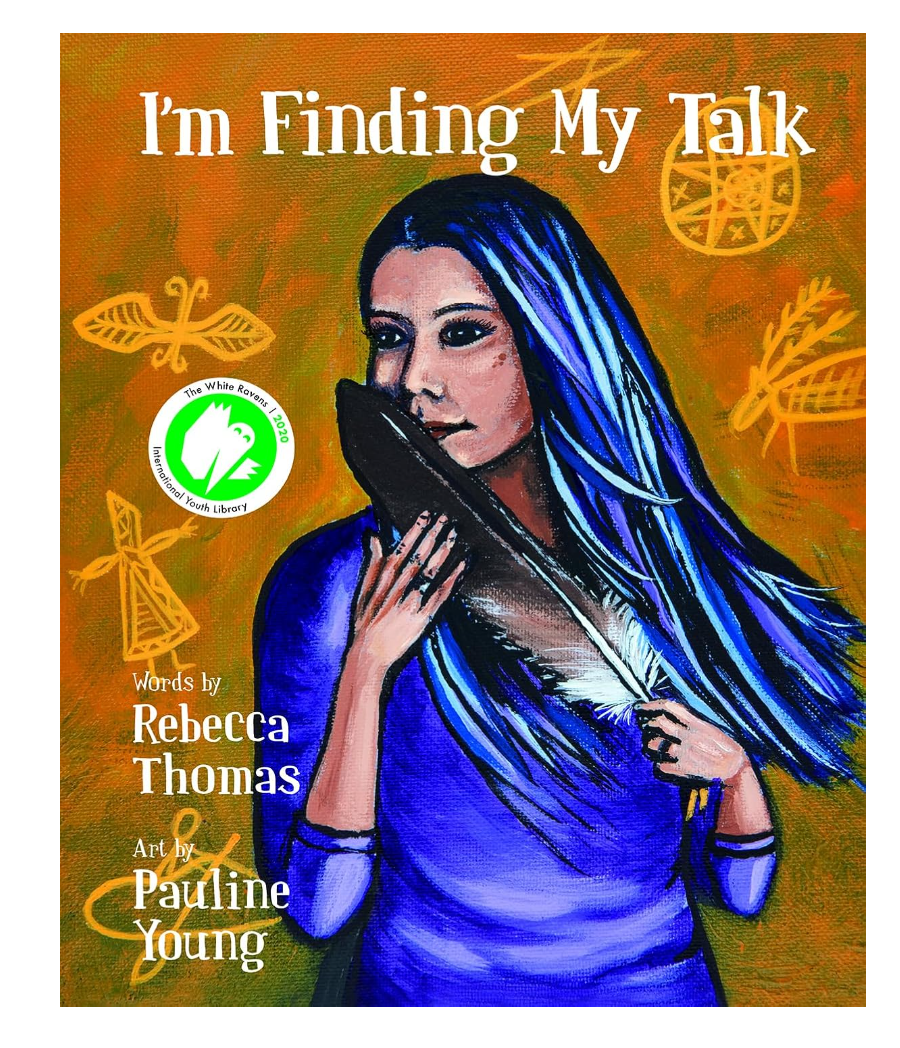In recognition of Orange Shirt Day, please see the following book suggestions. They are suitable for diverse age groups. Before we dive into our Orange Shirt Day book list, explore the short video below and visit the Orange Shirt Day Society website to learn more about the history and significance of National Truth and Reconciliation Day. Note: We may collect a share of the sales from the links on this page.
All About Orange Shirt Day

13 Orange Shirt Day Books
With Our Orange Hearts
Authored by Phyllis Webstad, founder of Orange Shirt Day, shares her true story to help young children understand and navigate their emotions. Through her experiences, she encourages kids to open their hearts to others’ feelings and feel comfortable expressing their own, promoting a message of harmony and empathy.
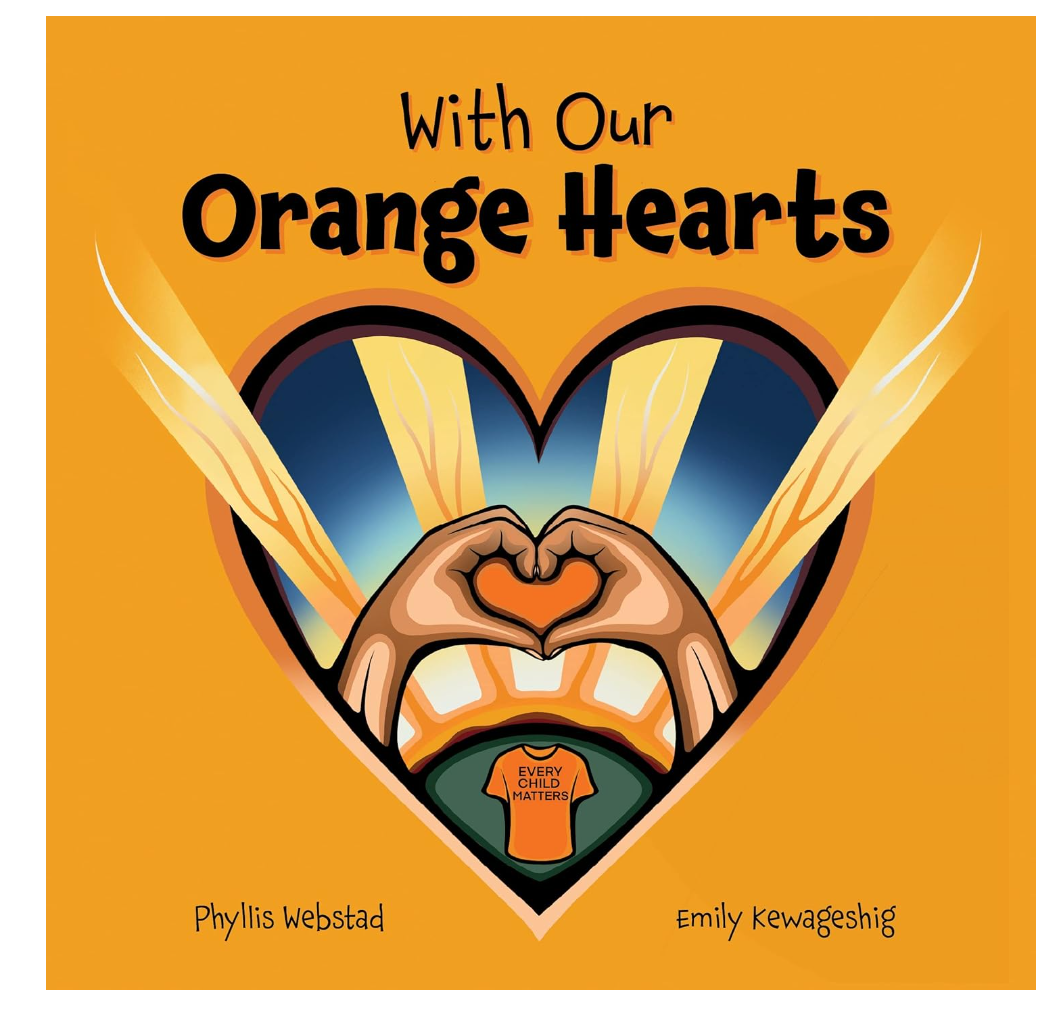
When We Were Alone
When We Were Alone, winner of the 2017 Governor General's Literary Award, follows a young girl’s exploration of her grandmother’s unique cultural identity, leading to poignant revelations about her grandmother’s experiences in a residential school where her heritage was suppressed.
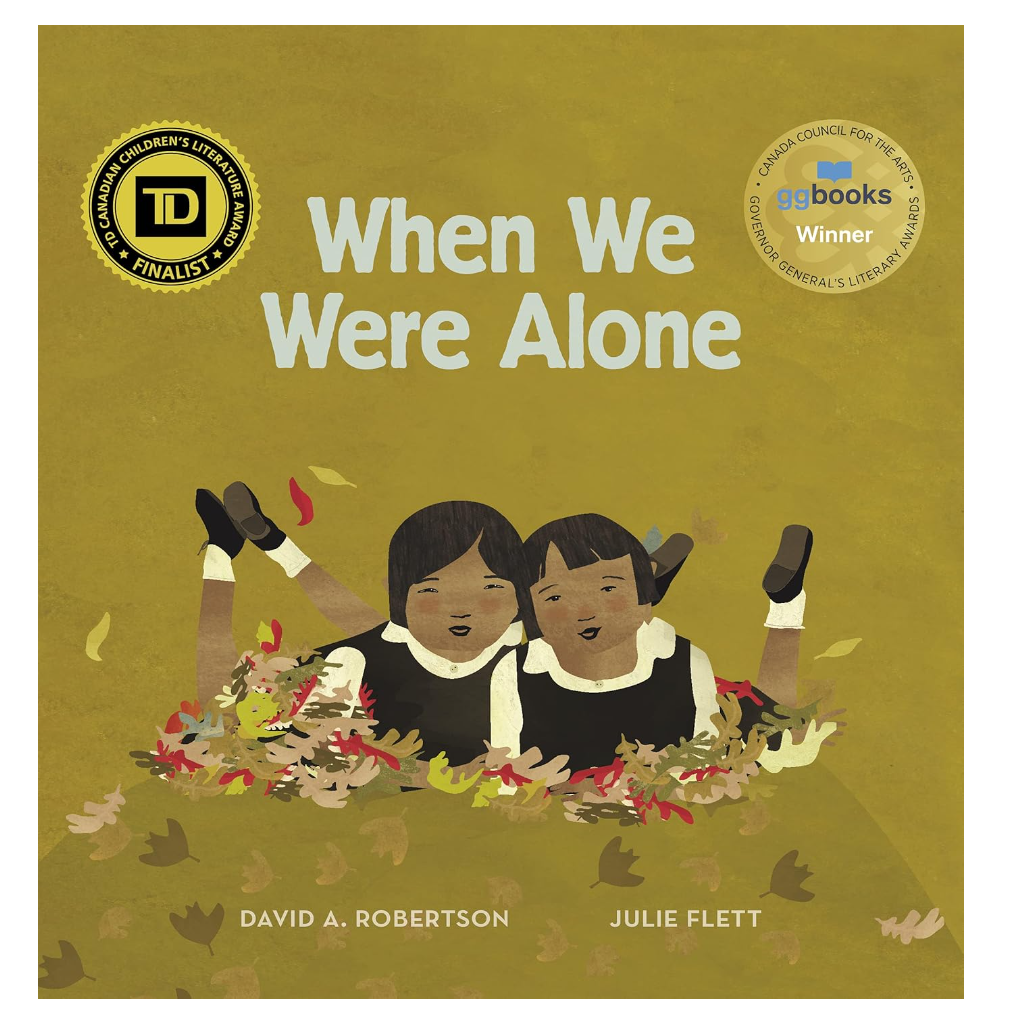
Stolen Words
Stolen Words, tells the touching story of a little girl who learns from her grandfather that his Cree language was taken from him. Determined to help him reclaim his heritage, she embarks on a journey of rediscovery, exploring the intergenerational impact of the residential school system while highlighting the healing power of love and connection.
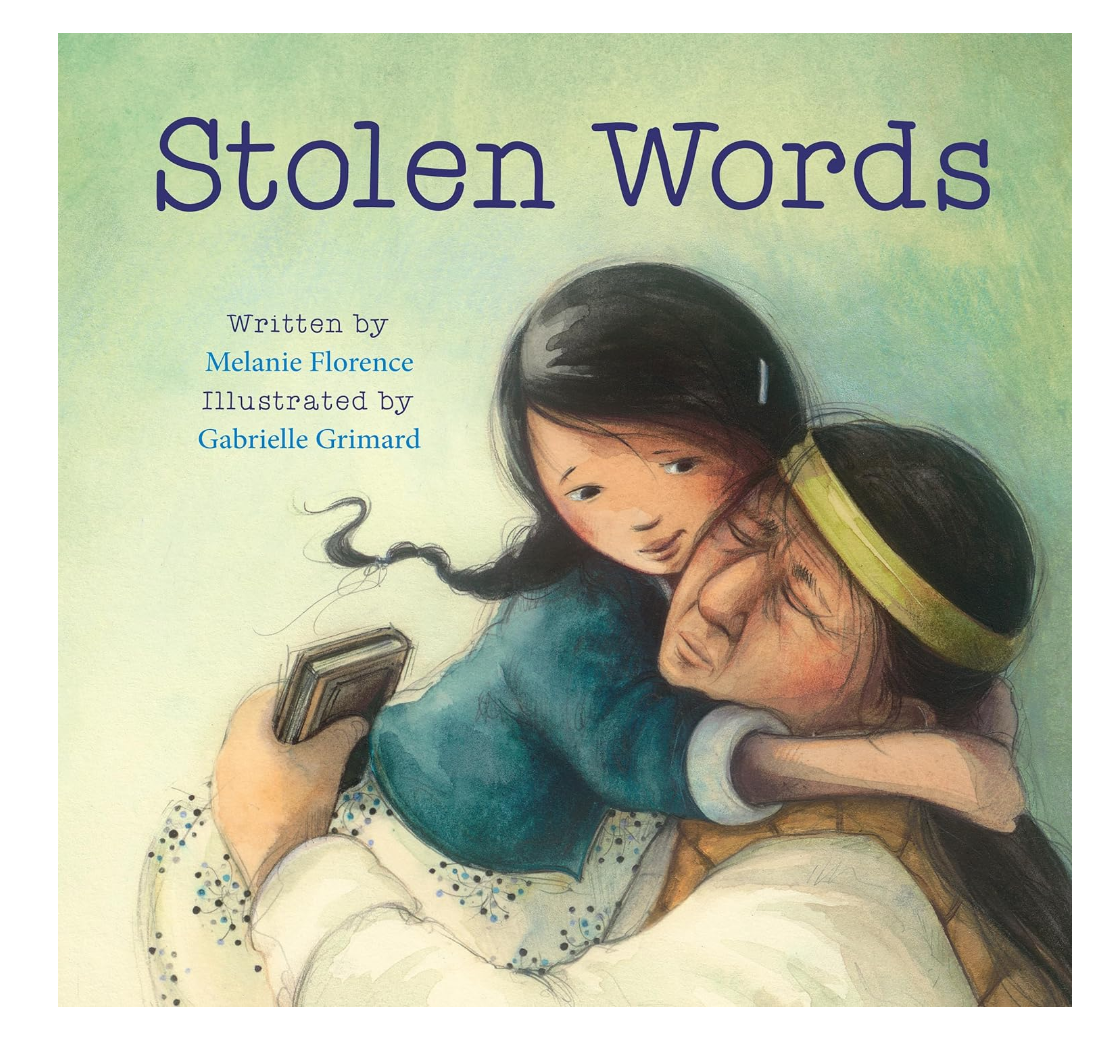
Every Child Matters
In "Every Child Matters," Orange Shirt Day founder Phyllis Webstad shares the significance of this powerful movement that honors the history and resilience of Indigenous Peoples on Turtle Island. The book emphasizes the importance of every child—residential school survivors, those who didn't make it home, and the child within all of us—while promoting a path toward Truth and Reconciliation. Medicine Wheel Publishing is dedicated to amplifying diverse Indigenous voices and fostering understanding among readers of all ages.
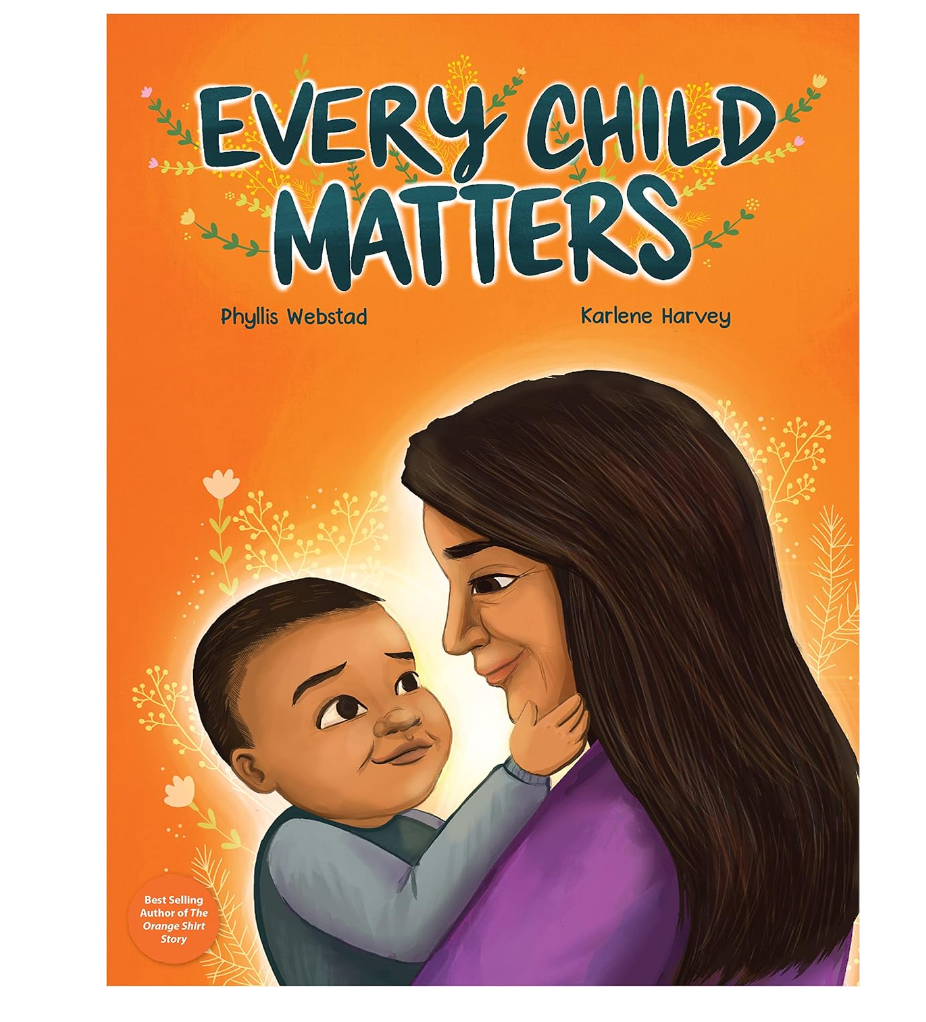
When I Was Eight
When I Was Eight, tells the inspiring true story of Olemaun, an eight-year-old girl who, despite facing adversity and harsh treatment at a residential school, remains determined to learn how to read and preserve her spirit. This powerful narrative is drawn from the bestselling memoir "Fatty Legs."
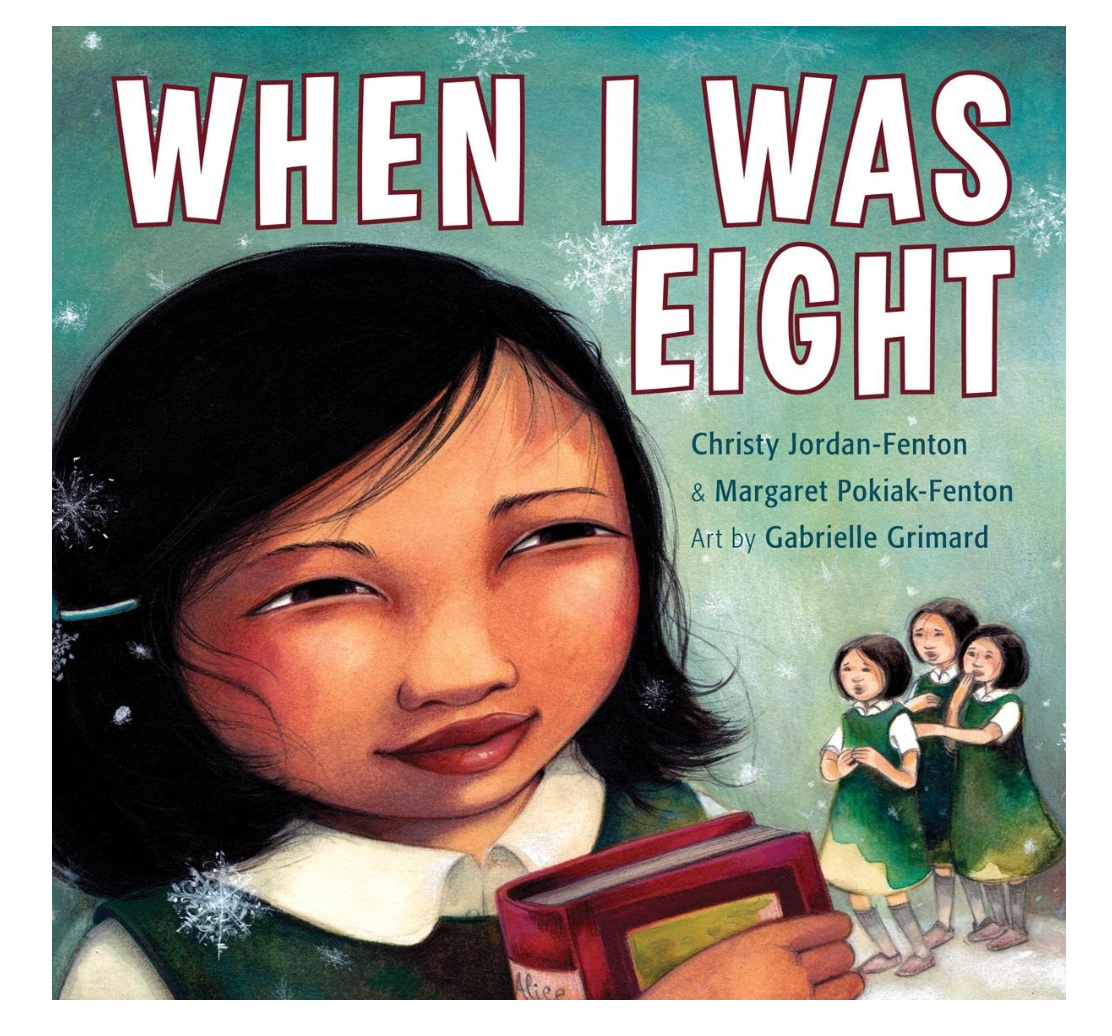
Not My Girl
"Not My Girl" tells the heartfelt story of Margaret Pokiak-Fenton as she returns home, only to find her family and community changed in unexpected ways. Based on her true experiences, this poignant sequel to "When I Was Eight" features evocative illustrations that make the award-winning memoir "A Stranger at Home" accessible to younger readers. Through Margaret’s struggle to belong, the story inspires and moves readers, shedding light on the challenges of reconnecting with one’s roots.
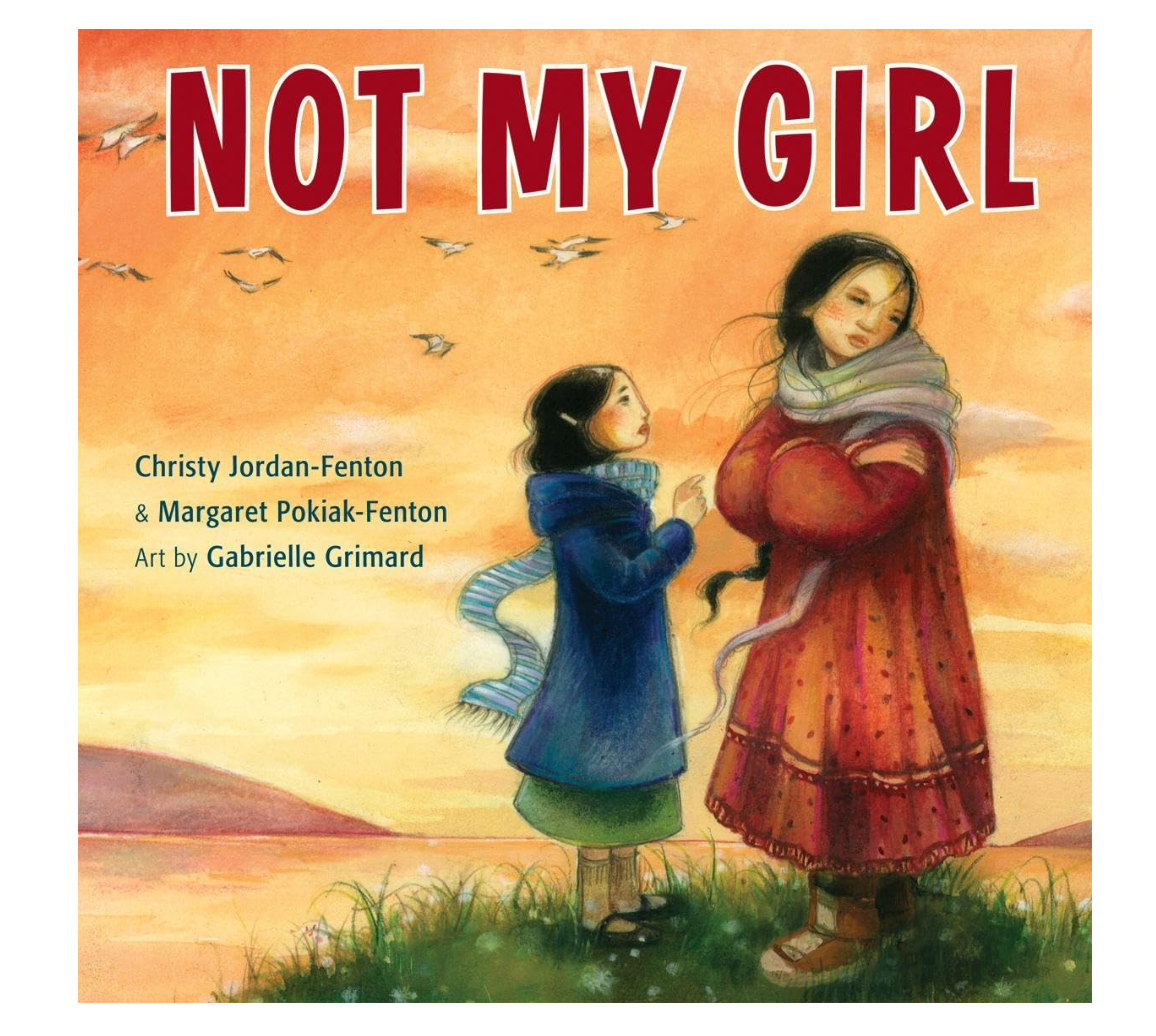
A Stranger At Home: A True Story
A Stranger at Home: A True Story" follows 10-year-old Margaret Pokiak as she returns to her Arctic family after two years at a residential school, only to be met with the painful realization that her mother barely recognizes her. Struggling to reconnect with her language and culture, Margaret embarks on a journey of rediscovery that emphasizes the importance of belonging and cultural identity. Illustrated with striking artwork and archival photos, this first-person account inspires young readers to reflect on their own connections to home and heritage.
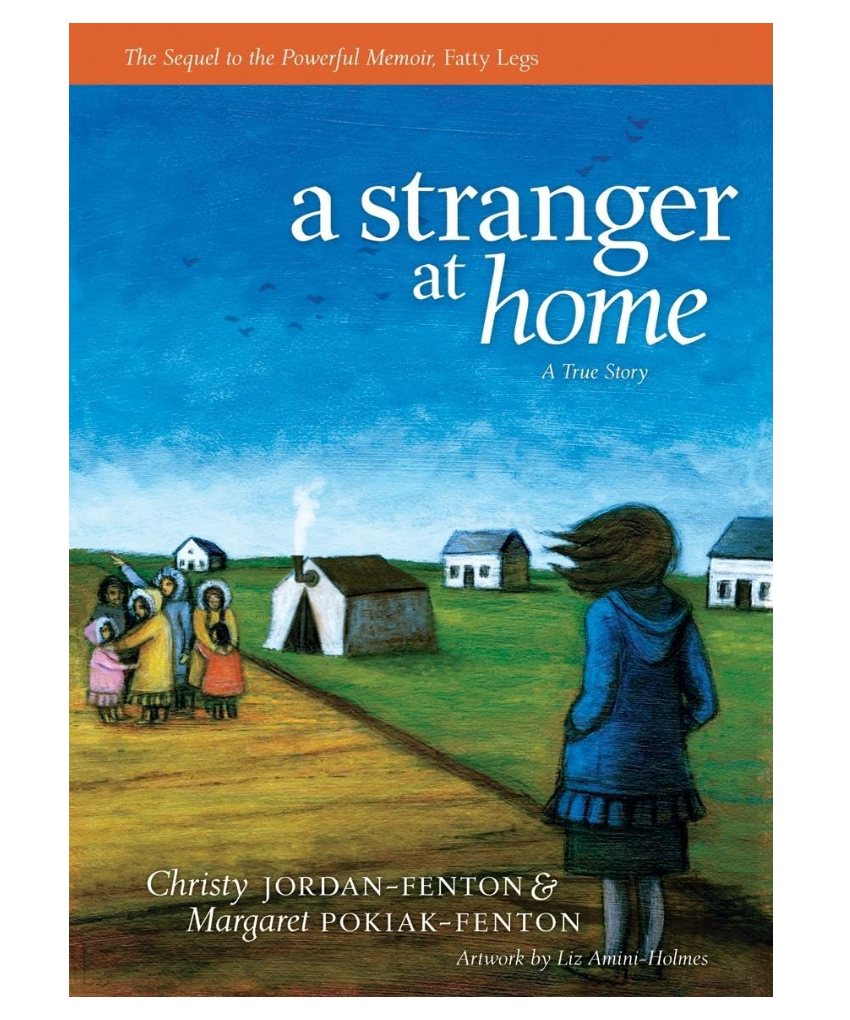
The Secret Pocket
The Secret Pocket, tells the true story of Mary, a young Indigenous girl taken to the Lejac Indian Residential School, where survival meant sewing secret pockets into her dress to hide food. Always hungry and forbidden to speak her language, Mary and her friends used the sewing skills passed down by their mothers to quietly resist the cruelty of residential schools.
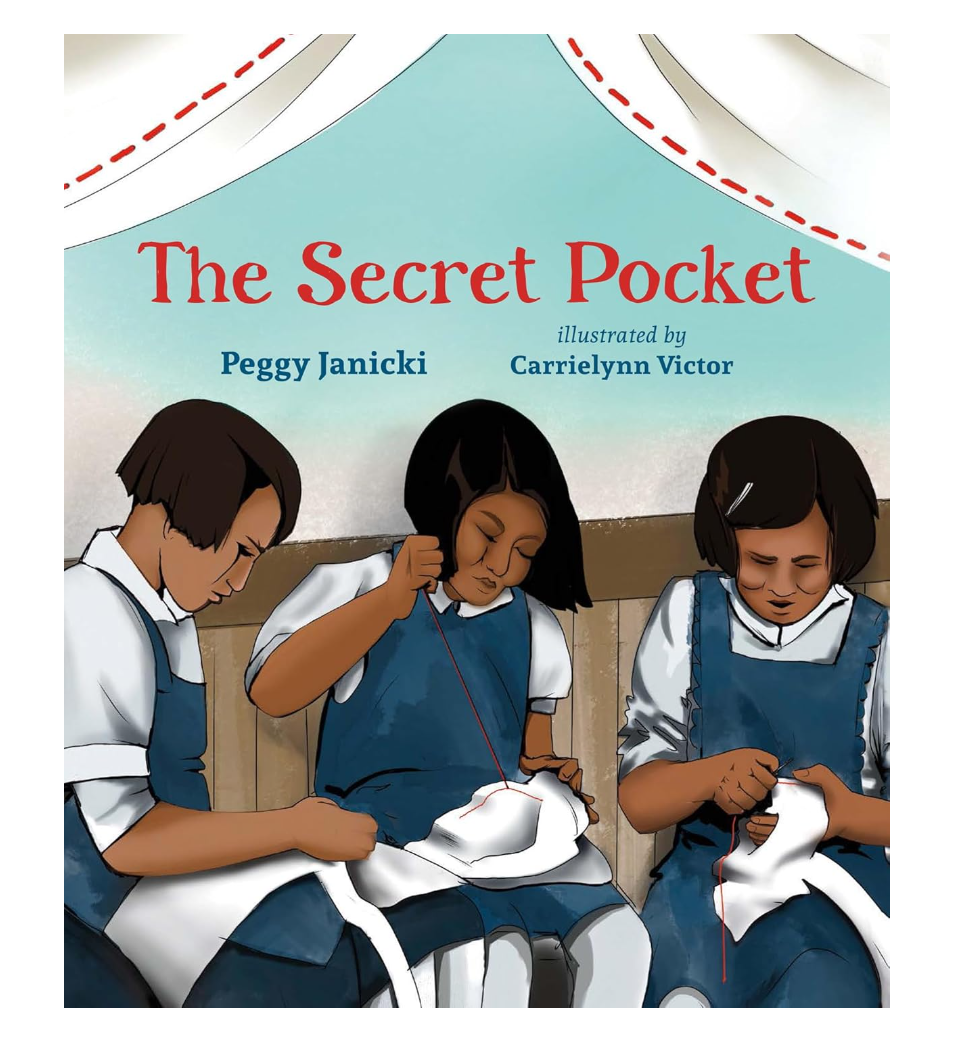
I Am Not a Number
I Am Not a Number (Dual Language Edition) tells the powerful story of eight-year-old Irene, who is taken from her First Nations family and forced to live at a residential school. Stripped of her name and given a number, she struggles to hold onto her identity. Based on the true story of co-author Jenny Kay Dupuis' grandmother, this edition is available in both English and Nishnaabemwin (Ojibwe) Nbisiing dialect, bringing an important part of Canadian history to light for young readers.
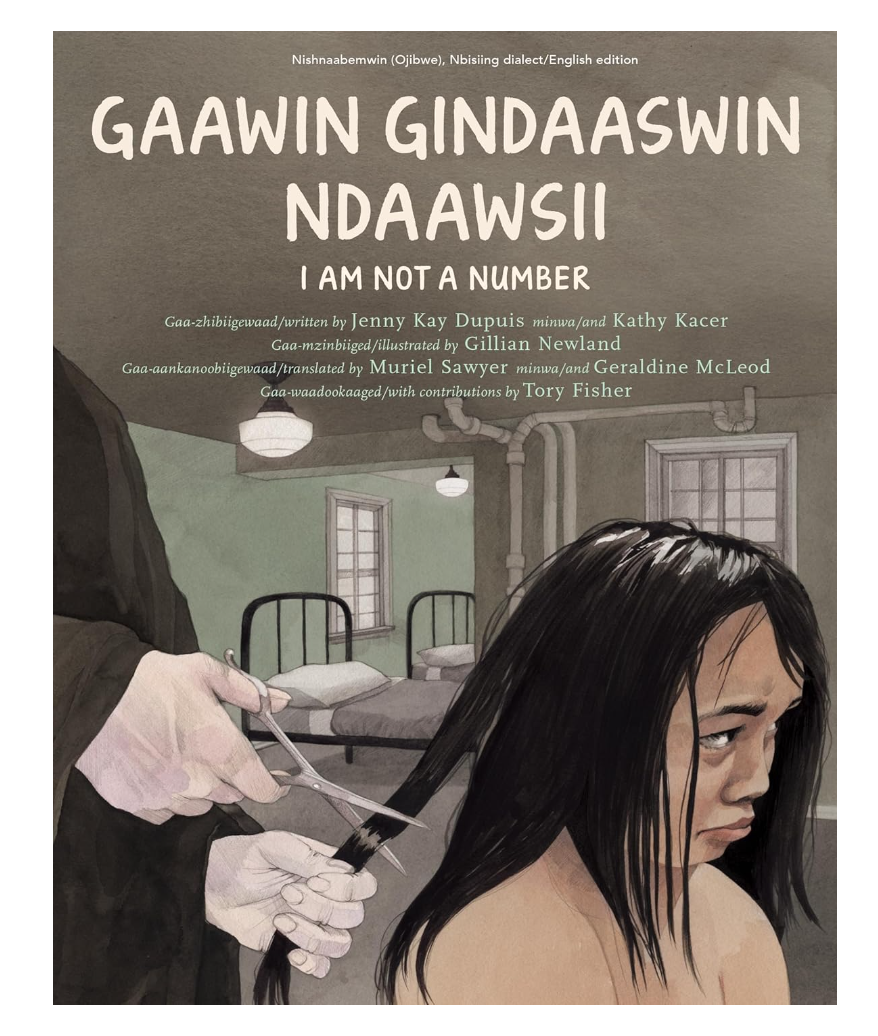
As Long as the Rivers Flow
As Long as the Rivers Flow, tells the story of Larry Loyie, a Cree boy, and his last summer with his family before being taken to a residential school. During this time, Larry experiences the joys of his Cree culture—caring for an owl, learning traditional skills, and witnessing his grandmother’s strength. The book beautifully captures the adventure and warmth of a First Nations family’s final summer together, offering a poignant look at the impact of residential schools on Indigenous children.
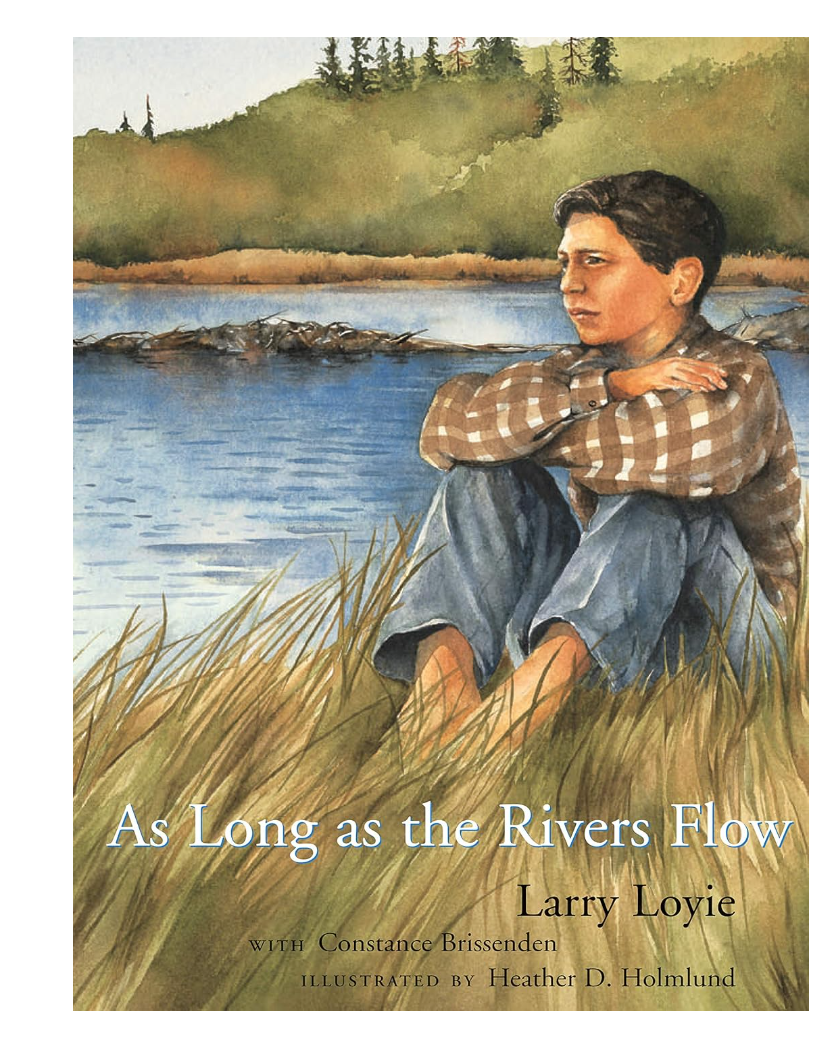
My Name Is Seepeetza
My Name is Seepeetza, follows the experiences of a young Indigenous girl taken from her home to a residential school in 1950s British Columbia. Renamed Martha by the nuns, Seepeetza is forbidden from speaking her language or embracing her culture. Despite the harsh realities of school life, she finds comfort in memories of her family and time spent on Joyaska Ranch. Based on Shirley Sterling’s own life at the Kamloops Indian Residential School, this novel highlights resilience and resistance in the face of cultural erasure.
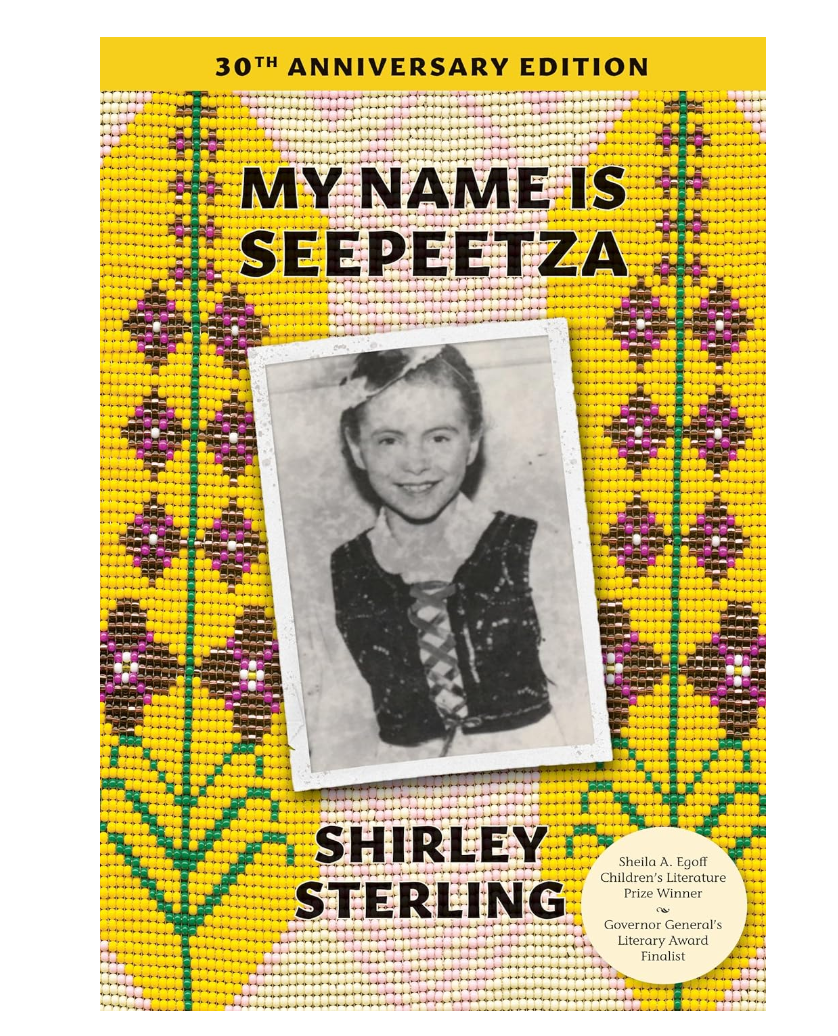
I Lost My Talk
In "I Lost My Talk," renowned Mi'kmaw Elder Rita Joe shares her poignant poem about losing her language at the Shubenacadie residential school. Accompanied by striking illustrations from Pauline Young, this children's picture book invites discussions on language as a means of truth and reconciliation. Celebrated for its powerful message, the poem reflects on the resilience of Mi'kmaw culture in the face of erasure. This essential read includes a biography of Rita Joe and serves as a valuable teaching tool for all young readers.
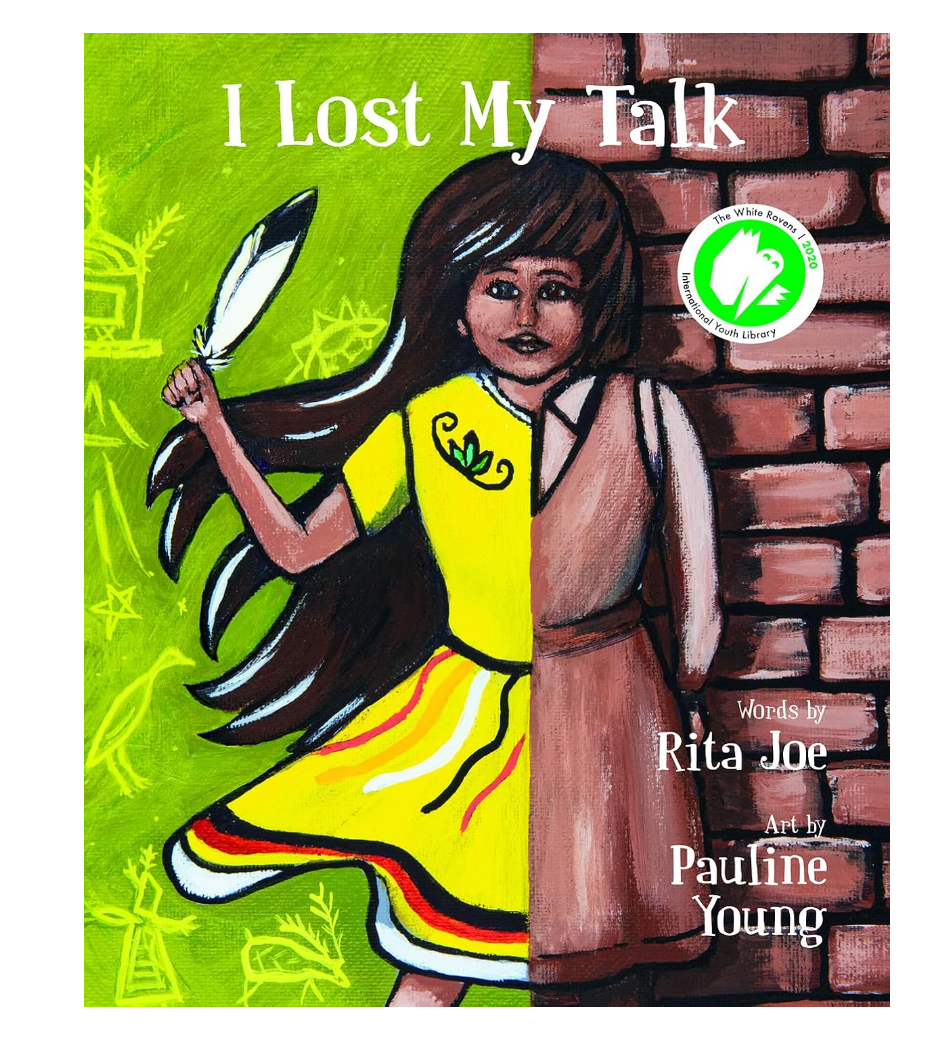
I'm Finding My Talk
I'm Finding My Talk is a powerful companion piece to Rita Joe's "I Lost My Talk," written by former Halifax Poet Laureate Rebecca Thomas, a second-generation residential school survivor. This heartfelt picture book, featuring vibrant illustrations by Mi'kmaw artist Pauline Young, explores Thomas's journey of healing and rediscovering her culture in the wake of colonialism. Through themes of community, traditional practices, and language, Thomas reflects on her path to reclaiming her identity and heritage, making it an essential read for young audiences.
